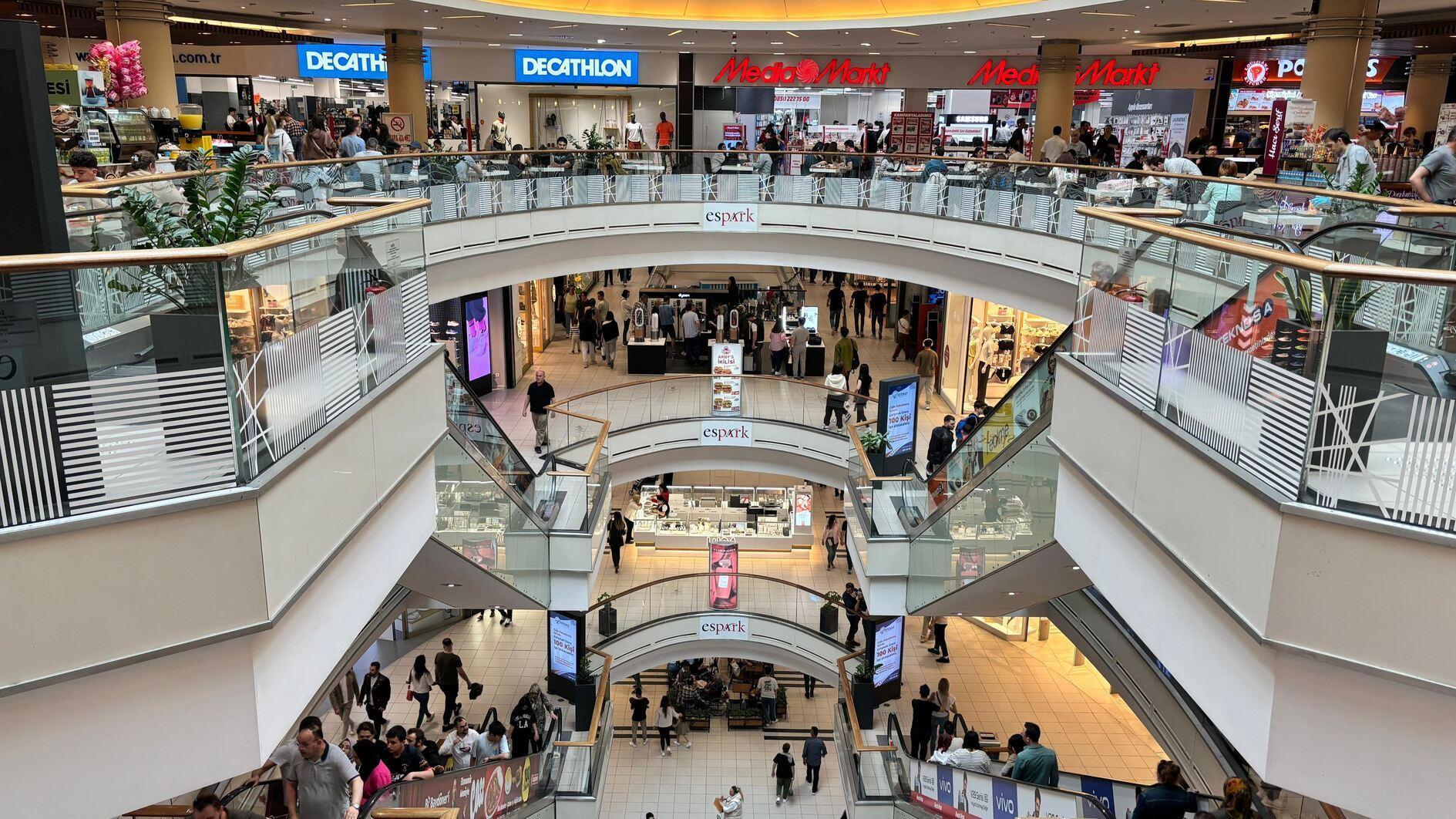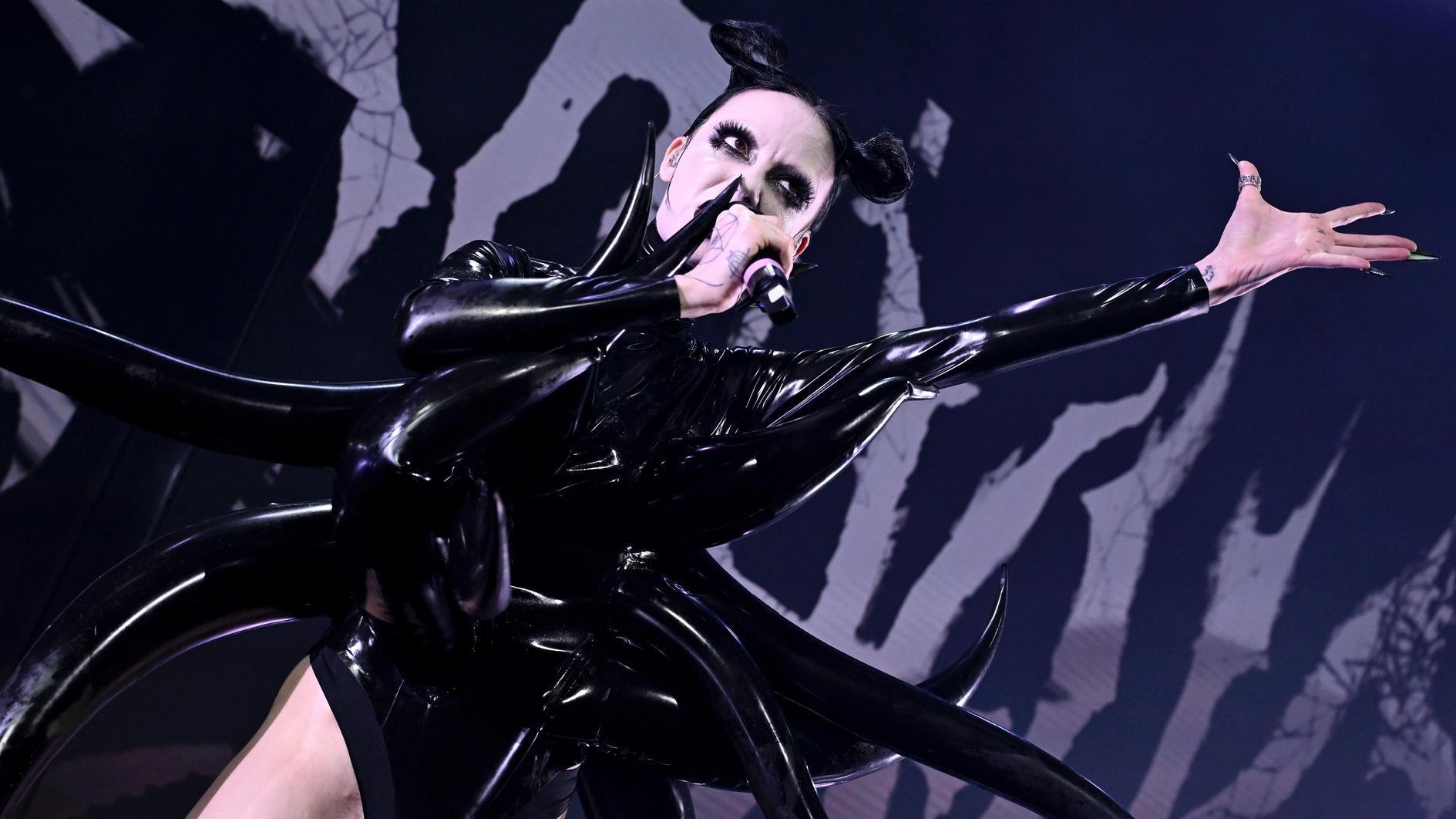The only way out for Turkey
Turkey is going through a dark period. In addition to escalating terrorism, masses of people have become engaged in violent demonstrations, triggering hatred along ethnic lines.
Leyla Zana, a deputy from the Peoples’ Democratic Party (HDP), who has become the symbol of the Kurdish political movement, declared on Thursday that she would go on a hunger strike if the daily acts of violence don’t stop. “I call on all sides to [stop firing]. I prefer dying rather than watching people die,” she said.
Zana is a leading figure who fought a strong fight against the military regime in the 1990s. Today in 2015, it is the same Zana. And who knows how many hunger strikes she has gone through during her life. As in the 1990s, today terrorism prevails in Turkey and masses are engaging in chauvinist attacks. Yet still, despite this darkness resembling the 1990s, we are far away from those years.
First and foremost, in contrast to the 1990s, today the Turkish state conducts its security policy and counter-terrorism acts within the framework of the rule of law.
The codes of the Turkish state have also transformed. Military tutelage doesn’t exist anymore. Civilians have taken the upper hand instead. Turkey’s later president of the 1980s and 1990s, Turgut Özal, exerted great efforts to solve the Kurdish question in a peaceful way but was strongly opposed by the military when trying to take some democratic steps. Today, however, the government can take any step it wants.
Moreover, the Turkish state hasn’t given up on the peace process against all odds. In my tête-à-tête with Deputy Prime Minister Yalçın Akdoğan last week, he stated that they were taking the process “seriously” and that it was not over.
Most importantly, the Turkish people have experienced a period of non-violence during the peace process. As such today, they stand much firmer against war, violence and arms than ever before. Most importantly, they experienced that longstanding peace is achievable.
The peace process has also brought along some historical and permanent gains.
First of all, it has transformed the actors of the Kurdish movement. The Kurdish political movement entered the Turkish parliament as a single political party for the first time in the recent general elections held on June 7. Moreover, they have become one of the key opposition parties in the country.
Turkey’s approach to the Kurdish question has also changed. Recently, Turkey’s prime minister and president called the Kurdistan Regional Government (KRG) in northern Iraq as “Kurdistan” and spoke Kurdish for the first time in Turkish history. They have turned the imprisoned leader of the outlawed Kurdistan Workers’ Party (PKK), Abdullah Öcalan, into the chief actor of the peace process. The Turkish people did not give any reaction to these breakthroughs, absorbing all of them instead.
In light of this transformative progress, it is not possible to run the tape back anymore.
But there is still a static reality which stands in front of us. As in the 1990s, the masses have become outraged and attacked the headquarters of HDP, Kurdish citizens and press buildings due to nationalist sensitivities. Anger is accumulating, and Turkey’s unity is being tested once again.
The only way to get through this chaos and darkness is for the leaders of the political parties in Turkey’s parliament to abandon their political identities and come together for the sake of Turkey, reflecting a post-nationalist ethos. Only bipartisanship and acting without electoral concerns can clear the current blockage.











